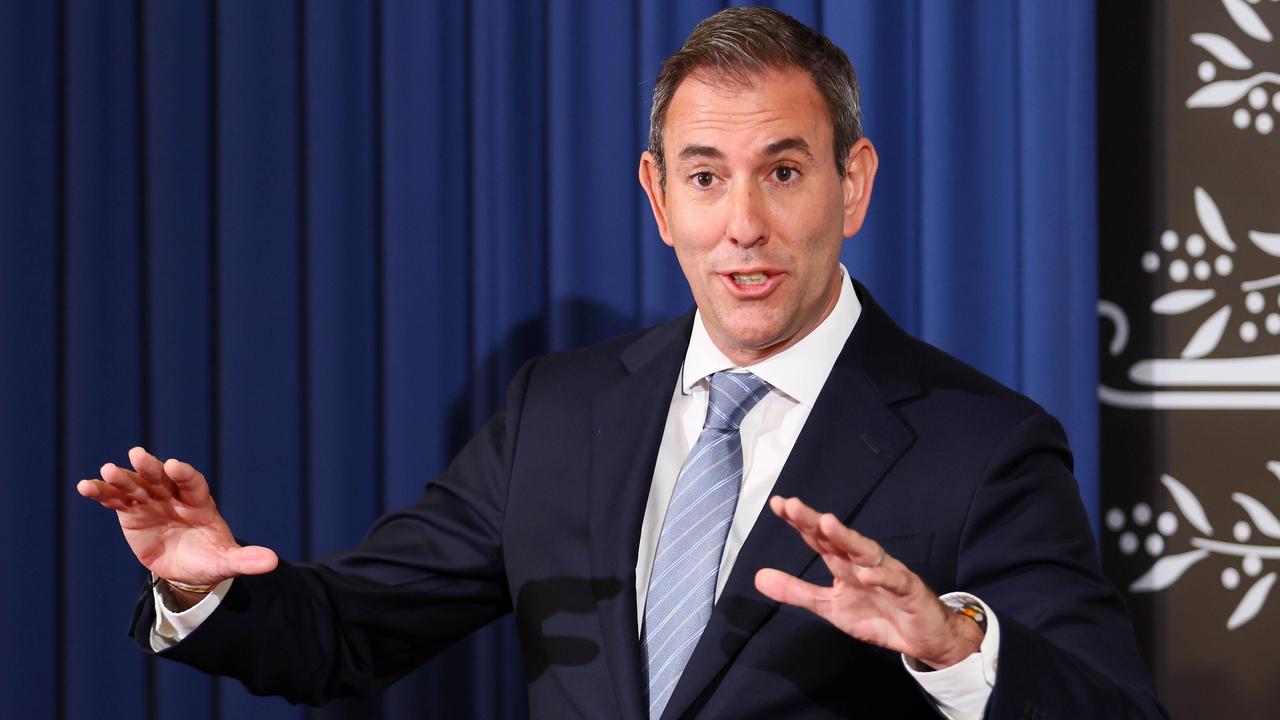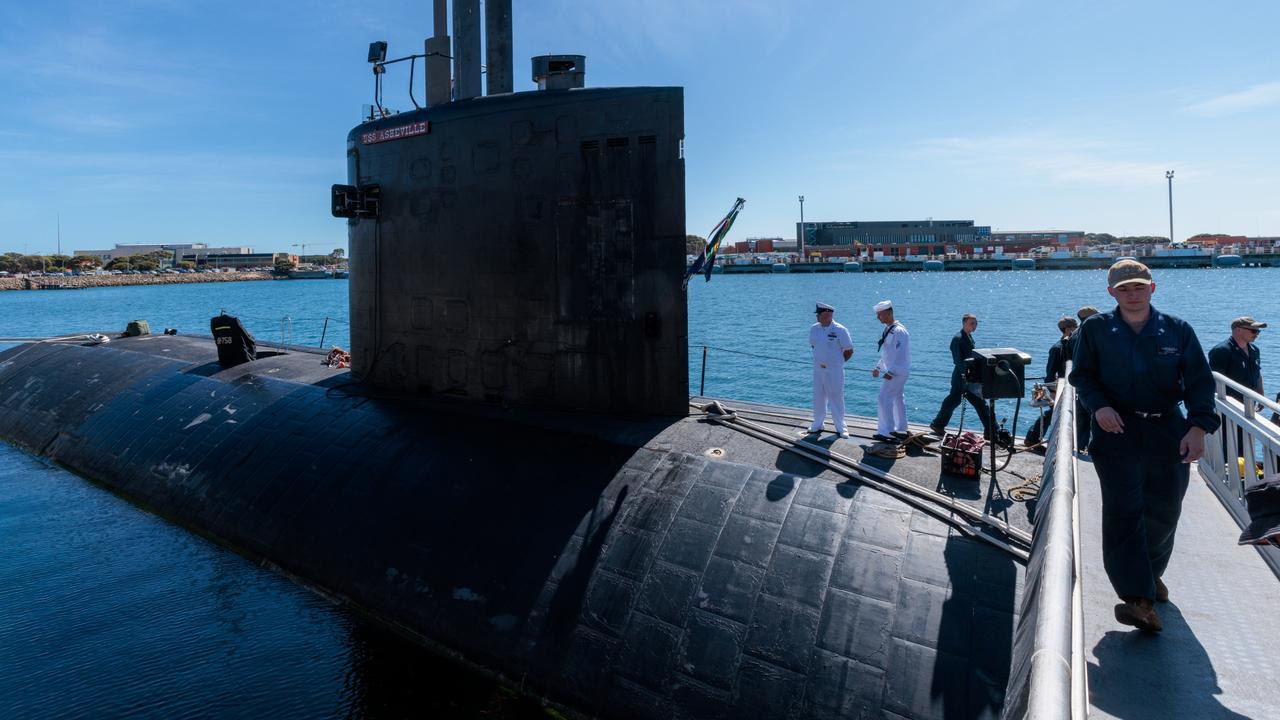Editorial: Budget 2017 needs to signal ongoing fiscal reform
SCOTT Morrison’s second Budget will work for the Government if it calms restive voters and delivers at least the basis of a blueprint for ongoing fiscal reform.
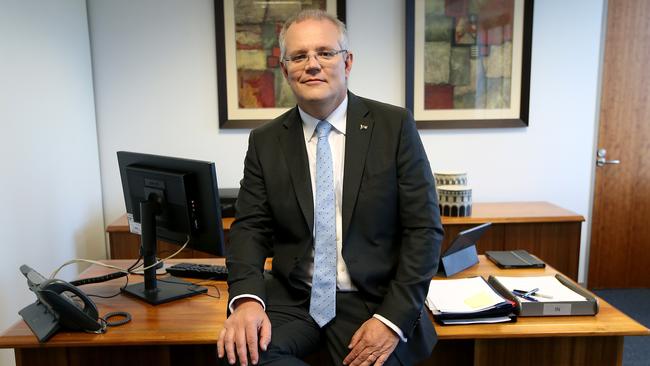
Federal Budget
Don't miss out on the headlines from Federal Budget. Followed categories will be added to My News.
NOT long after the Abbott government came to power in 2013, its treasurer Joe Hockey – the Shepherd Commission of Audit report under his wing – liked to warn darkly of a “budget emergency” driven by deficits and spiralling debt.
His rhetoric was echoed by the prime minister, Tony Abbott, who regularly reminded us, in the lead-up to the Coalition’s first and disastrous 2014 Budget, of the “debt and deficit disaster” that the nation faced.
Politics, and to some extent fiscal policy, now appear to have swung 180 degrees. As the nation prepares for Treasurer Scott Morrison to hand down his 2017-18 Budget tomorrow night, no longer is the talk of crisis and calamity, but rather of “good debt and bad debt”, and the need to deliver a budget that is “right for the times”.
This, despite a budget position that has changed little, and debt that has grown considerably in the interim.
From what we know so far, tomorrow’s document will be far removed from the 2014 exercise, which saw voters blindsided by a swath of unforeshadowed spending cuts and broken promises.
Such is the desire to distance itself from the failed 2014 Budget, the Government will finally remove many of the so-called “zombie” measures – those stalled in the Senate for the past three years – from the books and try to reboot the conversation.
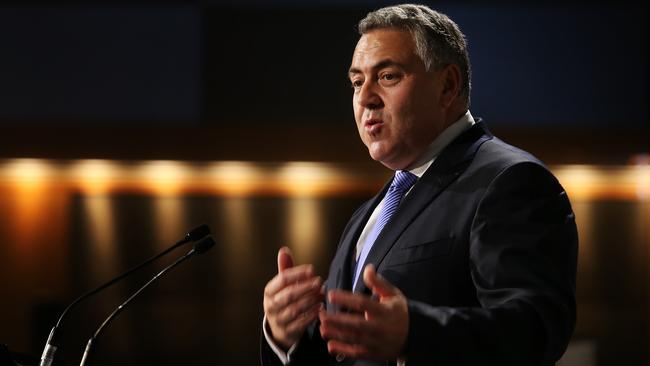
Now it appears the focus will be on security – of nation, of hearth and home, of energy supply, and of broader economic growth.
All this will be couched within a Budget that is aimed at middle Australia, with numerous measures expected to address cost-of-living issues in areas such as power prices, housing affordability and health care.
Politically speaking, what we can most likely expect is an attempt to re-engage with an electorate that is still grumpy about the 2014 ambush, suspicious of tax cuts for large corporations and of globalisation and neo-liberal economics in general, and insecure about their own and their family’s future.

At the same time, we are likely to see the Government try to stamp its nation-building credentials on the document, with a raft of spending on big-ticket infrastructure projects – helped in no small part by its road-to-Damascus moment on good debt and bad debt.
This element is of critical importance to Queensland, the most decentralised and infrastructure-hungry state in the Commonwealth.
While it is likely the Government will extend its commitment to the game-changing Melbourne-Brisbane inland rail link, there are a raft of other urgently needed projects in this state that fall into not only the “good debt” category, but also make very solid, long-term economic sense.
Here it almost goes without saying that the long-stalled Cross River Rail link in Brisbane must be the first priority, a $5 billion project which a state that has less than the population of Sydney would struggle to fund on its own.
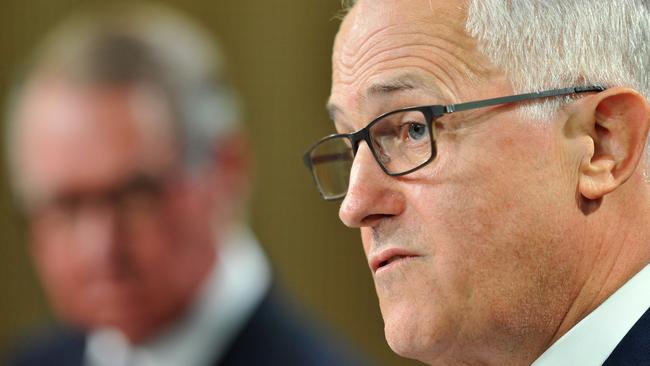
Elsewhere, there are water, power and road projects – along with improved telecommunications – around the state that would add to national economic output rather than represent a fiscal burden.
None of this is achievable, or indeed sustainable, over the medium to long term unless there is a credible plan to bring the nation’s finances back on to a more even footing.
Four years of Coalition government have seen no headway on stemming the tide of red ink on the balance sheet, except for promises that things will get better in the forward estimates. It’s a prophecy that has proven spectacularly illusory for both sides of politics for almost a decade.
What will make this Budget work for the Turnbull Government is not only calming restive voters, but also delivering at least the basis of a blueprint for ongoing fiscal reform over the medium term.
If the Government has the courage – as it did with the release of its Gonski 2.0 education package last week – to hold the pragmatic line and concede that, like any worthwhile reform, there will be losers as well as winners, we stand a chance of making progress.
******************************************************************************
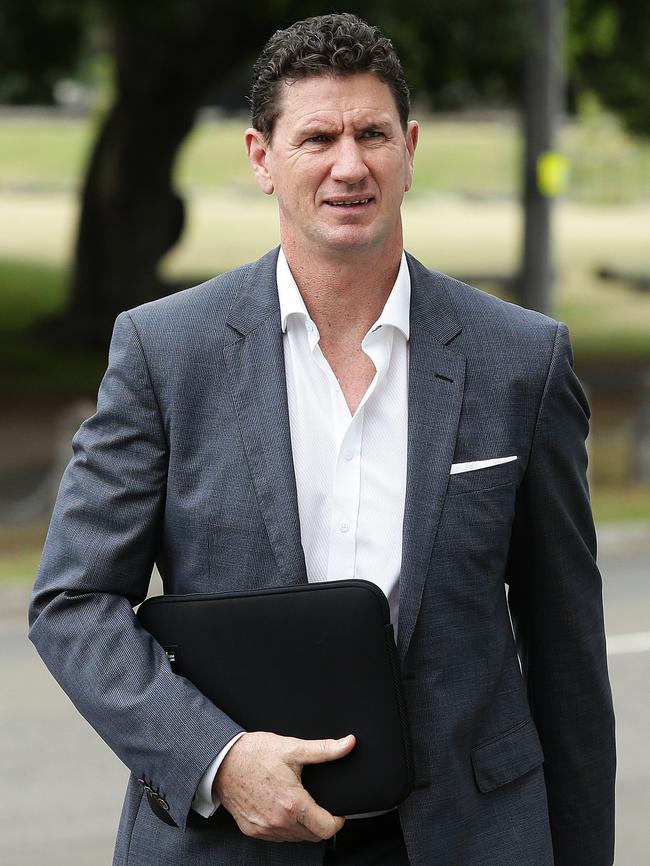
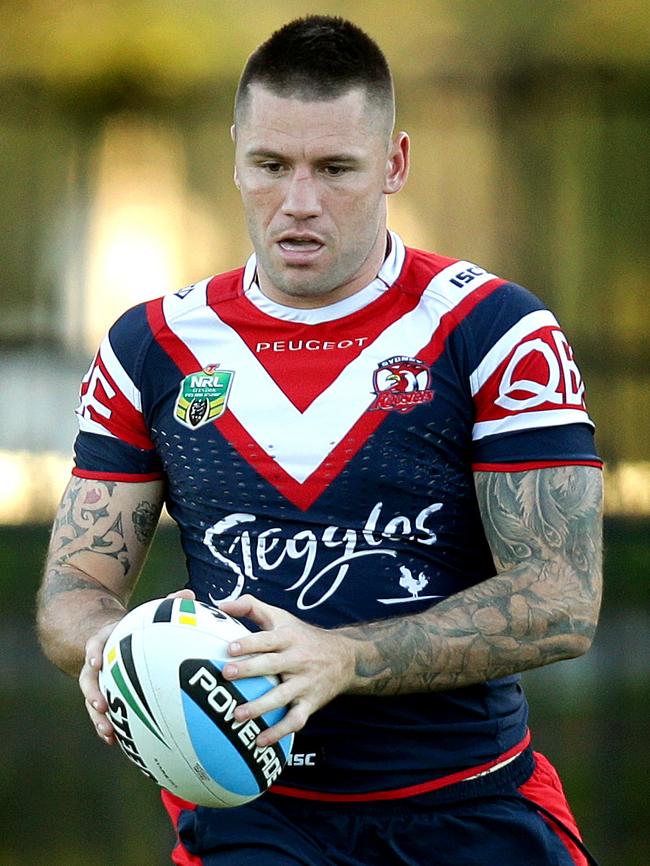
DRUG BUSTS TARNISH ENTIRE CODE
IT IS almost impossible to believe that in this day and age some of our sporting figures could not only be so blindingly stupid, but also arrogant enough to think that either the rules don’t apply to them, or that they won’t get caught.
Yet in the space of 48 hours, no less than four rugby league identities – three star players and a club chairman – were arrested in three separate incidents involving alleged drug infringements.

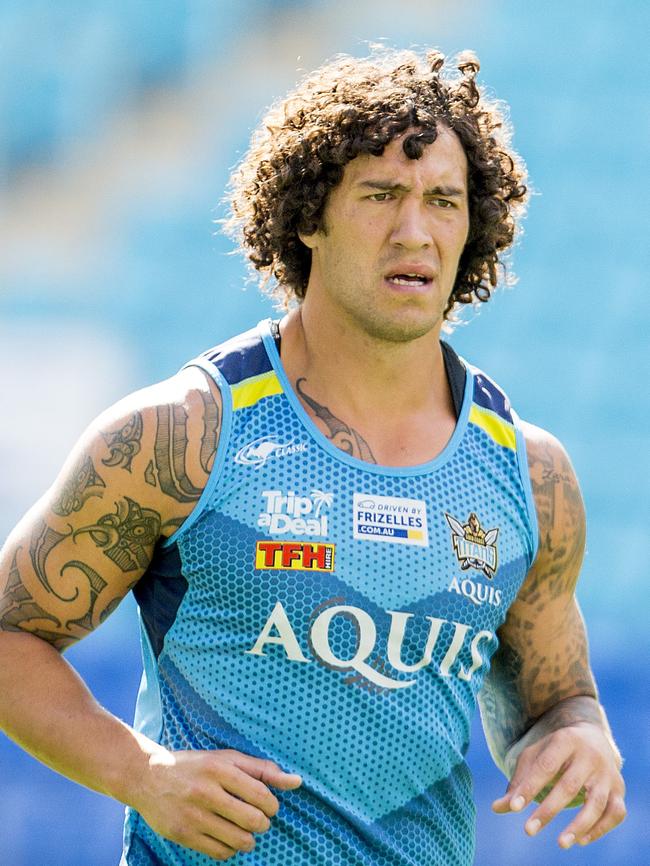
First, Cronulla chairman and millionaire businessman Damien Keogh – surely a man who should know better – fell on his sword. And now Shaun Kenny-Dowall from the Roosters, and Kiwi Test stars Jesse Bromwich and Kevin Proctor are paying the price for their alleged drug transgressions.
Surely, after the scandals of two years ago and with a beefed-up integrity unit, random drug testing and education programs, at some stage a modicum of common sense and loyalty to your teammates, your club and the fans must kick in.
Those involved have only themselves to blame, but the real victim here is the reputation of the code itself.
Originally published as Editorial: Budget 2017 needs to signal ongoing fiscal reform

